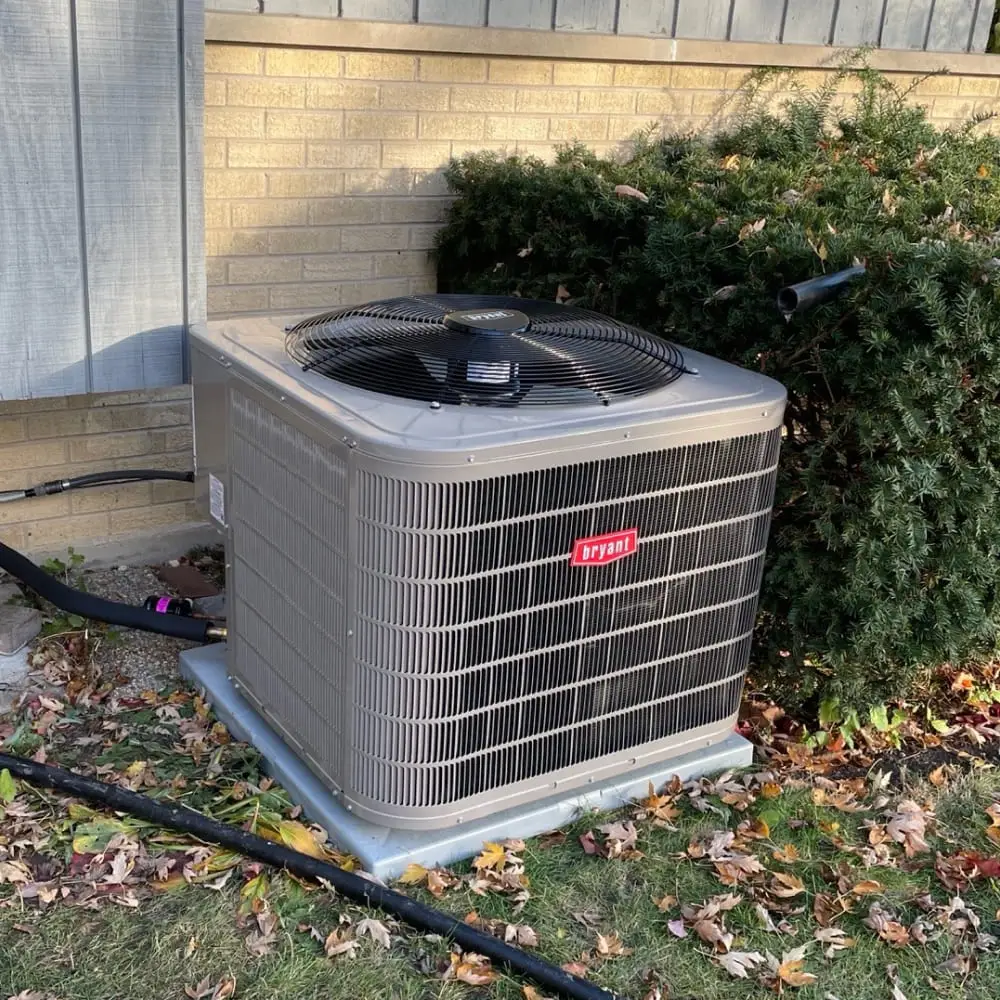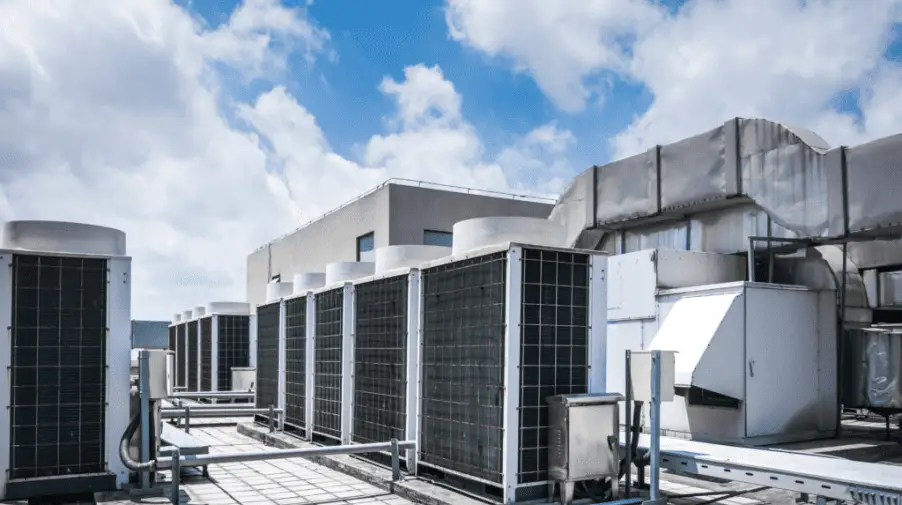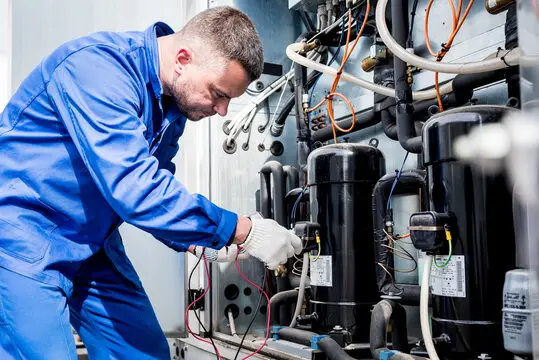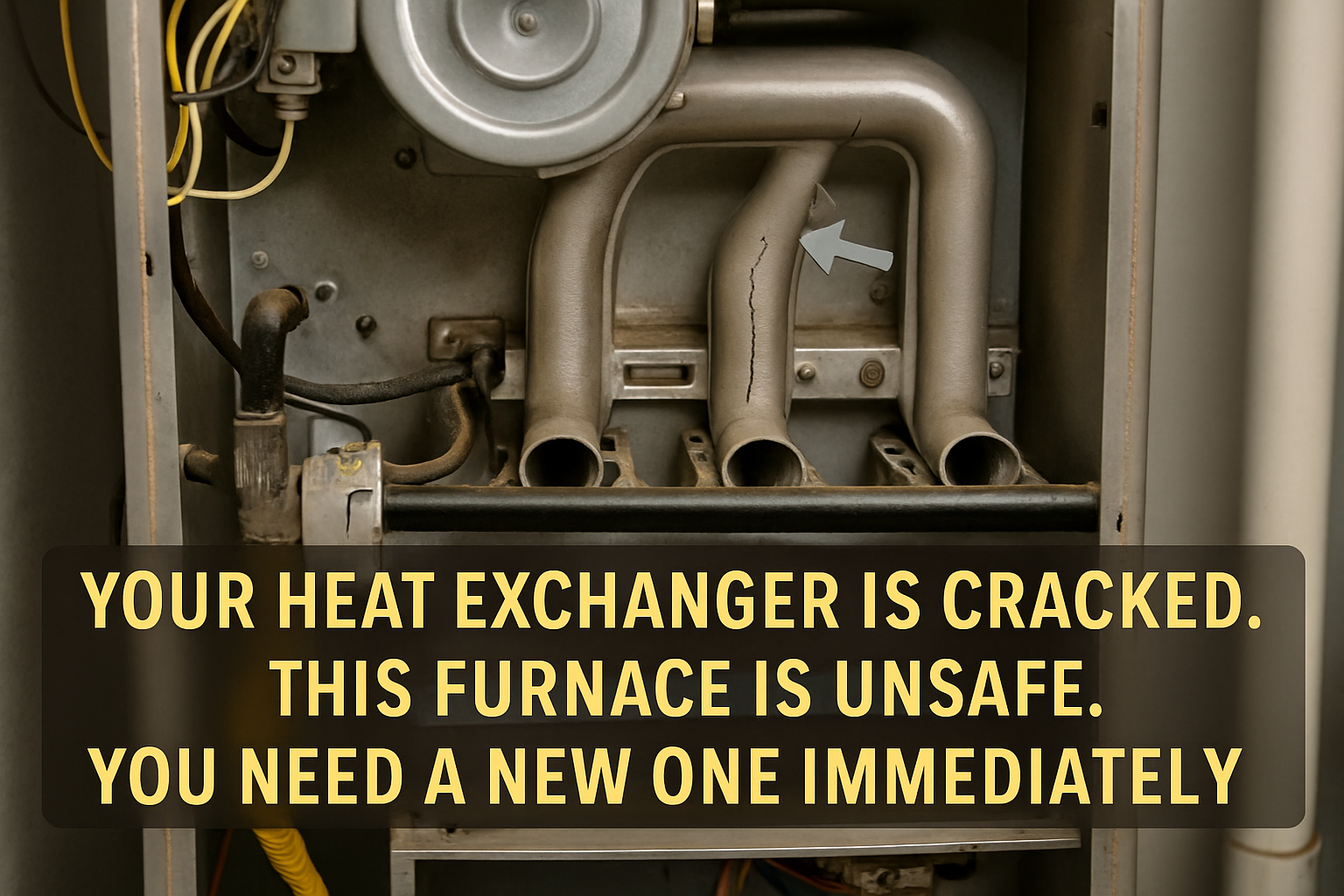Heat pump systems have become a popular choice for homeowners and businesses seeking energy-efficient heating and cooling solutions. These versatile systems provide both heating and cooling capabilities, making them an integral part of modern HVAC systems. However, like any technology, heat pumps have their advantages and disadvantages. This guide explores the pros and cons of heat pumps, helping you decide if they are the right choice for your needs.

What Are Heat Pump Systems?
A heat pump system works by transferring heat from one location to another rather than generating it directly. This unique functionality enables heat pumps to provide efficient heating during winter and cooling during summer, using energy from air, ground, or water sources.
The 6 Pros of Heat Pump Systems
1. Energy Efficiency
One of the standout heat pump advantages is their incredible energy efficiency. By extracting heat from the environment, heat pumps can deliver more energy than they consume, reducing energy bills significantly. This efficiency is especially beneficial when compared to traditional systems that burn fossil fuels.
2. Year-Round Comfort
Heat pumps offer both heating and cooling in a single system, making them ideal for year-round use. Their versatility eliminates the need for separate HVAC systems, streamlining maintenance and reducing overall costs.
3. Environmentally Friendly
Heat pumps utilize renewable energy sources like air, water, or geothermal energy, significantly reducing greenhouse gas emissions. They are a sustainable choice for homeowners aiming to minimize their carbon footprint.
4. Consistent Performance
Unlike traditional furnaces or air conditioners that may struggle with extreme weather, heat pumps provide reliable performance year-round. This consistency ensures optimal indoor comfort regardless of external conditions.
5. Quiet Operation
Heat pumps are designed for quiet operation, enhancing indoor tranquility. This is particularly beneficial for residential homes and spaces where noise reduction is a priority.
6. Longevity and Durability
With fewer mechanical components and less wear and tear, heat pumps often last longer than traditional HVAC systems. Their durability reduces repair costs and maintenance needs, ensuring long-term reliability.
The 6 Cons of Heat Pump Systems
1. High Initial Cost
The upfront cost of heat pump installation is higher than that of conventional systems. However, long-term savings on energy bills and maintenance often offset this initial expense.
2. Efficiency in Extreme Cold
While heat pumps perform well in moderate climates, their efficiency can decrease in extremely cold temperatures. Supplementary heating may be required, which can increase costs.
3. Complex Installation
Installing a heat pump system can be complex and requires professional expertise. Ensuring proper sizing and placement is crucial for optimal performance.
4. Electricity Dependency
Heat pumps rely on electricity to operate, which may lead to higher energy bills if electricity rates are high in your area.
5. Maintenance Requirements
Although minimal, heat pumps require regular maintenance to ensure efficiency and longevity. Cleaning filters, checking refrigerant levels, and servicing mechanical parts are essential for optimal performance.
6. Heat Pump Cost Comparison
Compared to traditional HVAC systems, heat pumps may appear more expensive initially. However, their energy savings, durability, and potential rebates often make them a cost-effective solution over time.
4 Types of Heat Pump Systems
1. Air Source Heat Pumps
These systems extract heat from the air and are ideal for moderate climates. They are relatively affordable and easy to install.
2. Ground Source (Geothermal) Heat Pumps
Geothermal systems utilize underground heat, offering high efficiency and consistent performance. However, they come with higher installation costs.
3. Water Source Heat Pumps
These systems draw heat from water sources like lakes or ponds, providing efficient heating and cooling in specific settings.
4. Hybrid Heat Pumps
Combining heat pumps with traditional systems, hybrid models enhance efficiency and adaptability to varying weather conditions.
Heat Pump vs. Traditional HVAC Systems
Heat Pump Advantages:
- Energy efficiency and reduced operational costs
- Combined heating and cooling capabilities
- Lower carbon footprint
Traditional HVAC Advantages:
- Better suited for extremely cold climates
- Lower upfront installation costs
The choice depends on your location, budget, and energy preferences.
Heat Pump Maintenance Requirements
Regular maintenance ensures that heat pumps operate efficiently and last longer. Key maintenance tasks include:
- Cleaning filters and coils
- Checking and refilling refrigerant levels
- Inspecting electrical components
- Scheduling professional servicing annually
Is a Heat Pump Worth It?
Heat pumps are a valuable investment for those seeking sustainable, energy-efficient heating and cooling solutions. Their ability to lower energy bills, reduce environmental impact, and provide year-round comfort makes them an excellent choice for modern homes and businesses. However, potential buyers should weigh the pros and cons of heat pumps, especially considering the initial cost and climate-specific performance.
For homeowners looking to transition to greener energy solutions, heat pumps are undeniably a smart choice. Their long lifespan, combined with the environmental and financial benefits, underscores their value in today’s HVAC landscape.
By embracing heat pump technology, you contribute to a sustainable future while enjoying the comfort and efficiency these systems provide. With proper maintenance and professional installation, heat pumps can be a long-term solution to your heating and cooling needs.
What are heat pump systems and how do they work?
Heat pump systems transfer heat from one location to another instead of generating it directly, using energy from air, ground, or water sources to provide heating in winter and cooling in summer.
What are the main advantages of using heat pump systems?
Heat pumps are highly energy-efficient, provide year-round comfort with both heating and cooling, are environmentally friendly, offer consistent performance, operate quietly, and tend to last longer with proper maintenance.
What are the disadvantages associated with heat pump systems?
High initial installation costs, reduced efficiency in extremely cold weather, complex installation requirements, dependency on electricity, ongoing maintenance needs, and potentially higher costs in areas with expensive electricity are some disadvantages of heat pumps.
What types of heat pump systems are available?
There are four main types of heat pumps: air source, ground source (geothermal), water source, and hybrid systems, each suitable for different climates and installation conditions.
Is investing in a heat pump worth it?
Yes, heat pumps are a worthwhile investment for those seeking sustainable and energy-efficient heating and cooling, especially when considering long-term savings, environmental benefits, and year-round comfort, provided the climate and initial costs are suitable.




